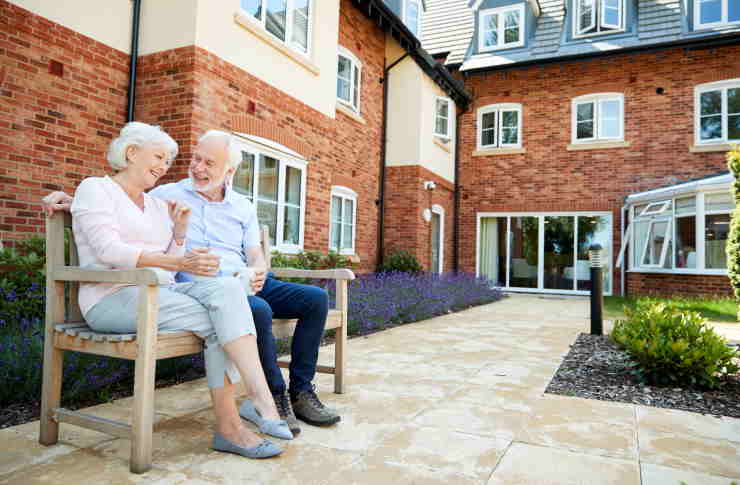Deposit-free social housing solutions for those aged 60 and over: Guide
Securing a safe, affordable home after 60 shouldn’t be held back by a hefty deposit. In this guide, you’ll discover which councils and housing associations offer deposit-free social housing, learn the eligibility criteria and application steps, and find out how to evaluate any hidden costs. With practical advice on tailoring your search, preparing a strong application and tapping into local support networks, you can move into your new home smoothly and without the upfront financial burden.

Understanding deposit-free schemes and participating providers
Social housing providers, including local councils and housing associations, offer specialized accommodation solutions for seniors that don’t require traditional deposits. These schemes typically operate through either direct council provision or partnership arrangements with registered social landlords. Instead of deposits, residents may pay rent in advance or contribute to service charges, making initial moving costs more manageable.
Eligibility requirements for senior social housing
To qualify for deposit-free senior housing, applicants must meet specific criteria:
-
Age requirement: Generally 60 years or older
-
Income thresholds: Usually assessed against local housing allowance rates
-
Housing need: Priority given to those with medical requirements or inadequate current housing
-
Local connection: Some schemes require residing in the area for a set period
-
Financial assessment: Proof of ability to manage rent payments
Navigating the application process
The application journey typically involves several steps:
-
Registration with local council housing department
-
Completion of detailed housing application forms
-
Provision of supporting documentation (ID, income proof, medical records if applicable)
-
Property bidding through choice-based lettings systems
-
Assessment of priority status on waiting lists
Service charges and financial considerations
Understanding the financial structure is crucial:
-
Monthly rent payments
-
Service charges for communal facilities
-
Utility contributions
-
Building maintenance fees
-
Emergency alarm system costs (where applicable)
Typical costs for social housing for seniors vary by region and provider:
| Provider Type | Monthly Rent Range | Service Charge Range | Initial Payment Required |
|---|---|---|---|
| Council Housing | £350-£500 | £50-£100 | 1 month rent advance |
| Housing Association | £400-£600 | £75-£150 | 2 weeks to 1 month rent |
| Charitable Trust | £375-£525 | £60-£120 | 2 weeks rent advance |
Prices, rates, or cost estimates mentioned in this article are based on the latest available information but may change over time. Independent research is advised before making financial decisions.
Tips for successful applications
To improve chances of securing suitable accommodation:
-
Register with multiple housing providers in your area
-
Consider properties in different locations within your preferred region
-
Maintain regular contact with housing officers
-
Seek support from local age-related charities and advisory services
-
Keep documentation updated and readily available
-
Respond promptly to property offers
The transition to social housing can provide seniors with secure, affordable accommodation without the burden of substantial deposits. Success often depends on thorough preparation, understanding local schemes, and maintaining flexibility in property choices while working closely with housing providers and support services.




